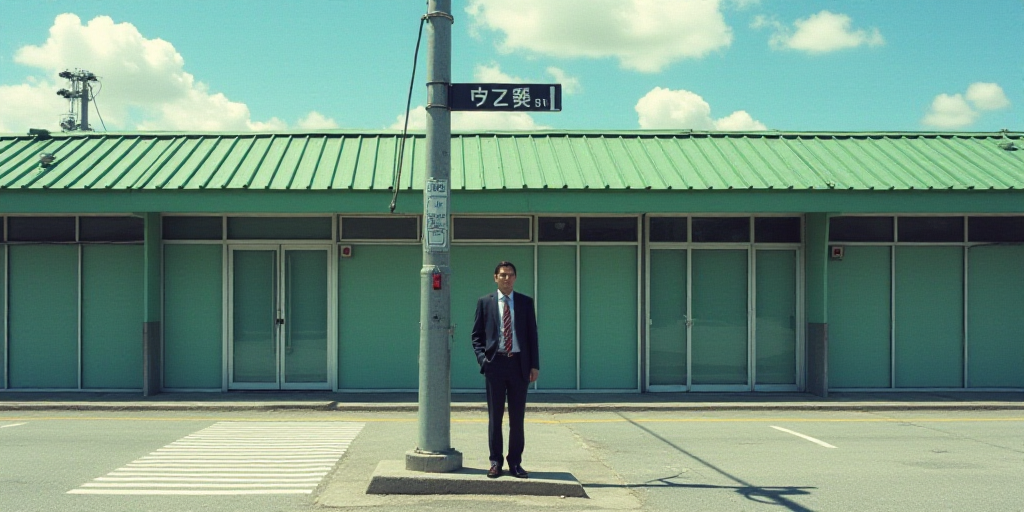Background on Kazuo Ueda and the Bank of Japan (BoJ)
Kazuo Ueda, the governor of the Bank of Japan (BoJ), has expressed optimism about the Japanese economy’s prospects, citing rising wages as a key factor. Ueda’s comments come amidst Japan’s ongoing trend of annual wage increases, which have been persistent for three consecutive years. This development is significant as it indicates that wage growth is no longer confined to large corporations but is now extending to small and medium-sized enterprises.
The Impact of Demographic Changes and Labor Market Adjustments
Japan’s shrinking workforce, due to a declining birth rate and an aging population, has long been a concern. However, Ueda highlighted that deflationary expectations have started to shift, prompting companies to raise wages and prices. This change is partly attributed to the global inflationary pressures caused by the COVID-19 pandemic, which disrupted Japan’s deflationary equilibrium.
Ueda emphasized that labor market adjustments have become one of Japan’s most pressing economic issues. The scarcity of labor has intensified as younger generations seek better-paying jobs, compelling businesses to increase wages to attract and retain employees. Consequently, this competition for workers has fueled wage growth across various sectors.
Ueda’s Optimism on Interest Rates
Ueda’s positive outlook on wage increases has strengthened market expectations that the BoJ will resume its interest rate hike cycle by year-end. The central bank had previously paused rate increases due to concerns about the impact of U.S. tariffs on Japan’s export-dependent economy.
During a panel discussion at the annual Jackson Hole, Wyoming conference hosted by the Federal Reserve, Ueda joined fellow central bank governors Andrew Bailey (Bank of England) and Christine Lagarde (European Central Bank) to address labor market challenges in their respective economies.
Labor Market Developments in Japan
Japan has experienced continuous wage growth for the past three years during its annual spring negotiations between companies and unions. Moreover, labor mobility has increased from historically low levels as younger workers actively seek higher-paying jobs. This trend has forced businesses to raise wages and compete for skilled labor.
Ueda summarized the situation by stating that Japan’s demographic shifts since the 1980s have led to severe labor shortages and persistent upward pressure on wages. These changes have also resulted in significant adjustments on the supply side of the economy, including increased labor force participation, greater mobility, and capital substitution with labor.
Key Questions and Answers
- Who is Kazuo Ueda, and why is he relevant? Kazuo Ueda is the governor of the Bank of Japan (BoJ). His comments on rising wages and labor market adjustments are significant as they indicate optimism about Japan’s economic prospects and potential interest rate hikes.
- What factors have contributed to rising wages in Japan? Factors include shifting deflationary expectations, global inflationary pressures due to the COVID-19 pandemic, and younger generations seeking better-paying jobs.
- Why is labor market adjustments important for Japan’s economy? Labor market adjustments have become crucial as Japan grapples with a shrinking workforce and demographic shifts. These adjustments have led to increased wages, greater labor mobility, and capital substitution with labor.
- What are the implications of Ueda’s optimism on interest rates? Ueda’s positive outlook suggests that the BoJ may resume its interest rate hike cycle by year-end, which could have significant implications for Japan’s export-dependent economy.






